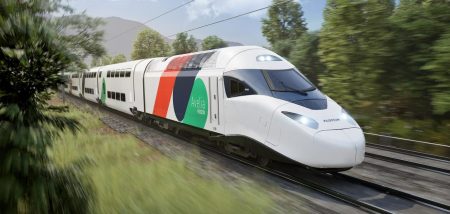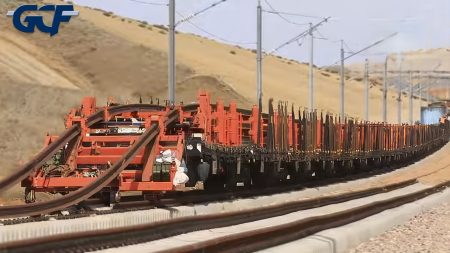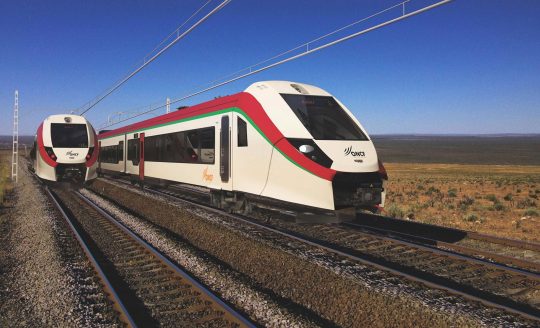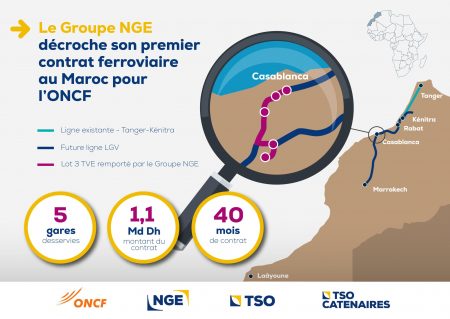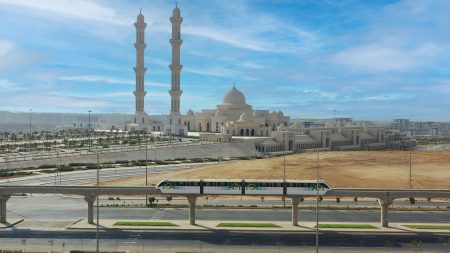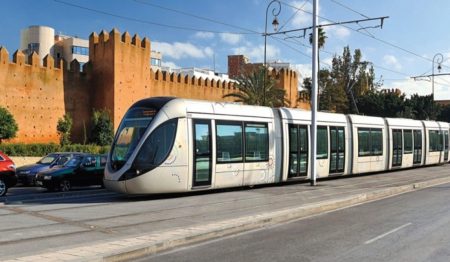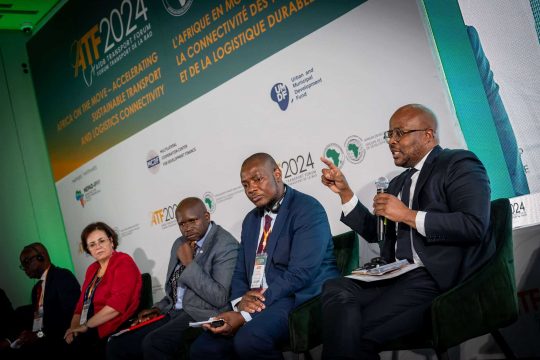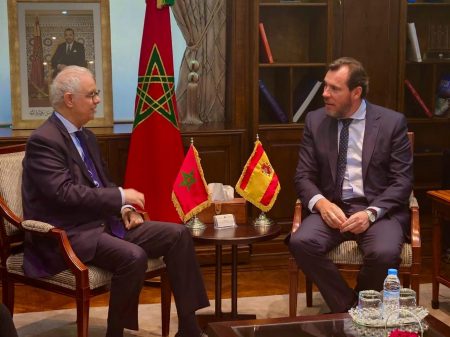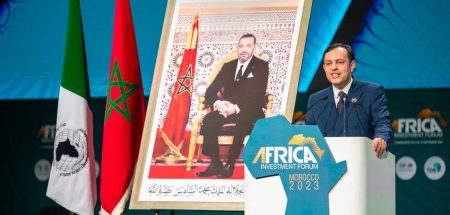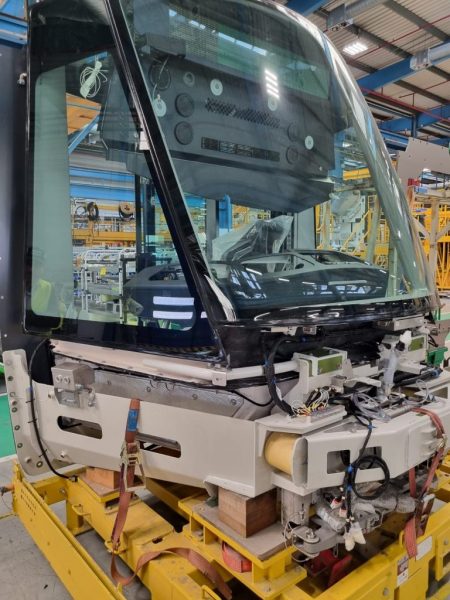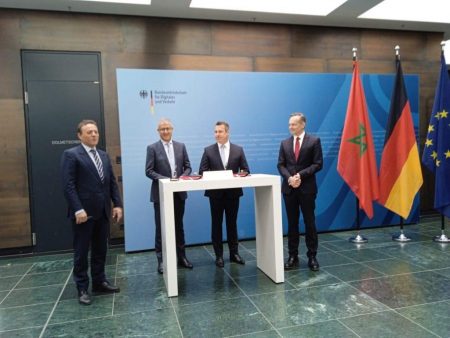This content is for Premium Subscribers only. To view this content, login below or subscribe as a Premium Subscriber.
Related News Articles
1 min
1 min
ONCF Green Bond Secures EBRD Investment for Sustainable Rail Development in Morocco
14 February 2025
North Africa, Morocco
1 min
Setec Maroc Modernising Urban Transport Tram and BRT
19 October 2024
North Africa, Morocco
1 min
Trans-Maghreb Railway Project Nears Key Milestone Amid Regional Challenges
26 August 2024
North Africa, Tunisia
1 min
Kenitra-Marrakech High-Speed Line In Morocco
12 August 2024
North Africa, Morocco
1 min
EBRD Approves New Country Strategy For Morocco
28 March 2024
North Africa, Morocco
2 min
Africa Investment Forum Secures $34.82 Billion In Investor Interest
14 November 2023
North Africa, Morocco
4 min
